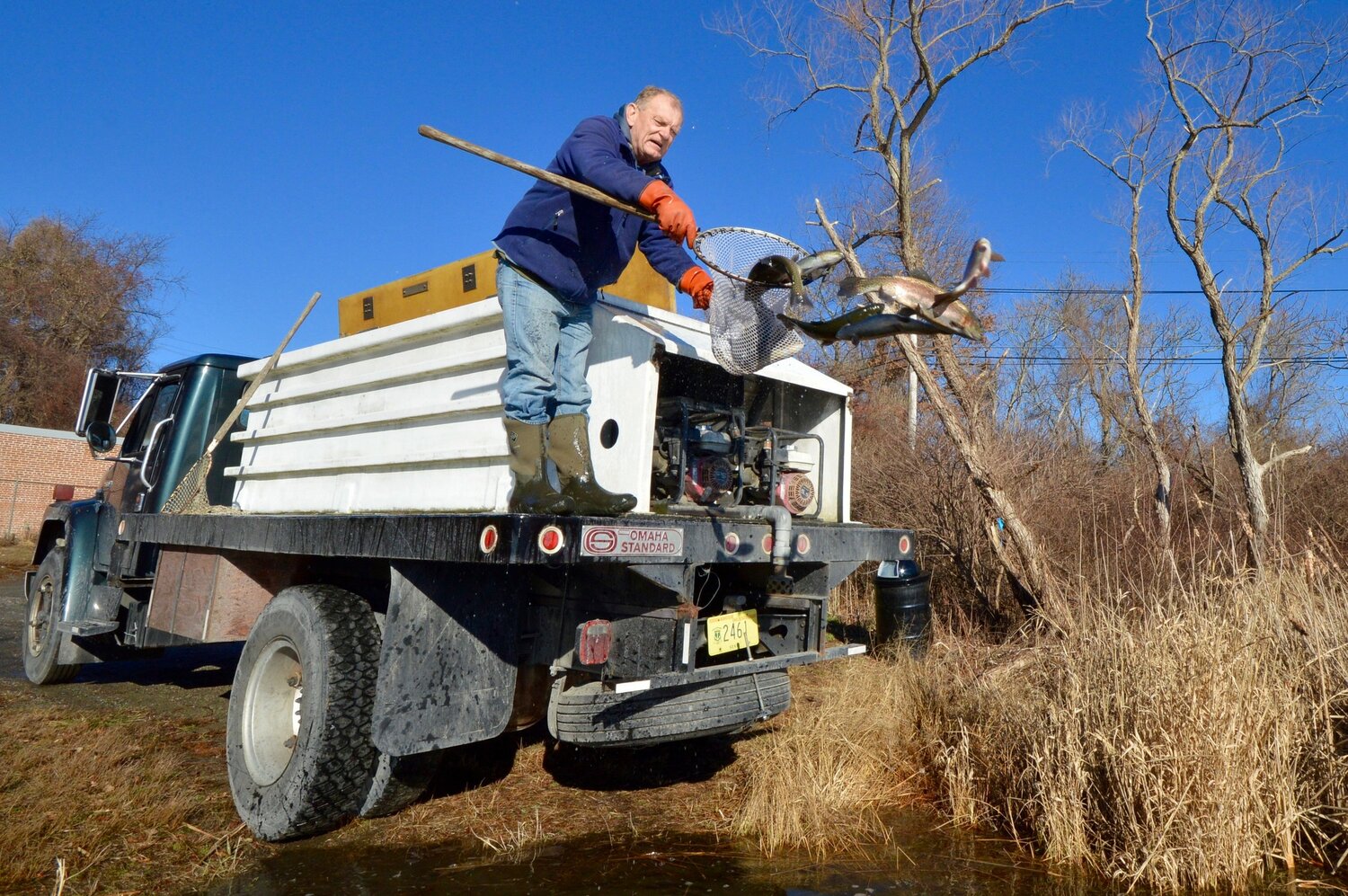After advisory lifted, Melville ponds to be stocked with fish
Blue-green algae found to be at acceptable levels
PORTSMOUTH — Now that a longstanding state advisory recommending the restriction of recreational activities at Melville’s upper and lower ponds has been lifted, the freshwater …
This item is available in full to subscribers.
Please log in to continue |
Register to post eventsIf you'd like to post an event to our calendar, you can create a free account by clicking here. Note that free accounts do not have access to our subscriber-only content. |
Day pass subscribers
Are you a day pass subscriber who needs to log in? Click here to continue.
After advisory lifted, Melville ponds to be stocked with fish
Blue-green algae found to be at acceptable levels
PORTSMOUTH — Now that a longstanding state advisory recommending the restriction of recreational activities at Melville’s upper and lower ponds has been lifted, the freshwater fishing spots will be stocked with fish.
Late last month, the R.I. Department of Health (RIDOH) and R.I. Department of Environmental Management (RIDEM) lifting their advisories that were related to high levels of blue-green algae, also known as cyanobacteria.
RIDEM says Melville’s lower and upper ponds — the latter now known as Thurston Gray Pond — will be stocked with Sebago (Atlantic) salmon, brook and rainbow trout the week of Dec. 10.
Daily stocking updates will be available each afternoon; visit RIDEM's Division of Fish and Wildlife's Facebook Page or go here for more information, or to learn more about fishing licenses and rules.
‘Acceptably low levels’
RIDEM says the advisories were lifted because recent consecutive surveys and sample analysis confirmed that blue-green algae have been present but at acceptably low levels, and that cyanotoxin is not present in detectable concentrations at the Melville ponds. These findings meet the advisory guidelines and support lifting the advisory, according to the department.
Blue-green algae conditions can change quickly, and it is possible that blooms may affect other water bodies in Rhode Island. The public should avoid contact with any body of water that is bright green or has a dense, floating algal mat on the water's surface. Blue-green algae blooms may look like green paint or thick pea soup. Toxins may persist in the water after a blue-green algae bloom is no longer visible.
To report suspected blue-green algae blooms, contact RIDEM's Office of Water Resources at 401/222-4700 or DEM.OWRCyano@dem.ri.gov.






